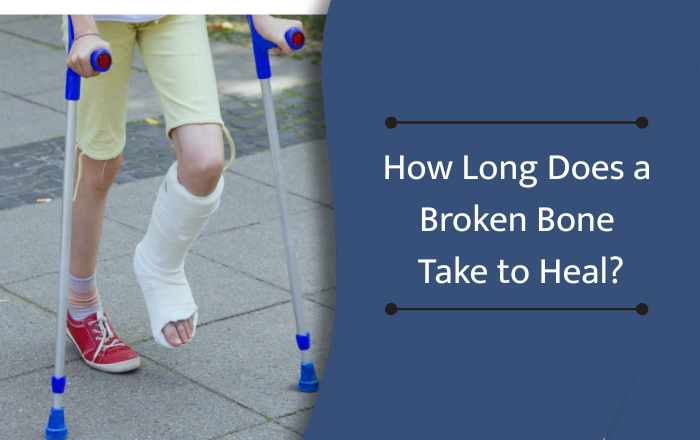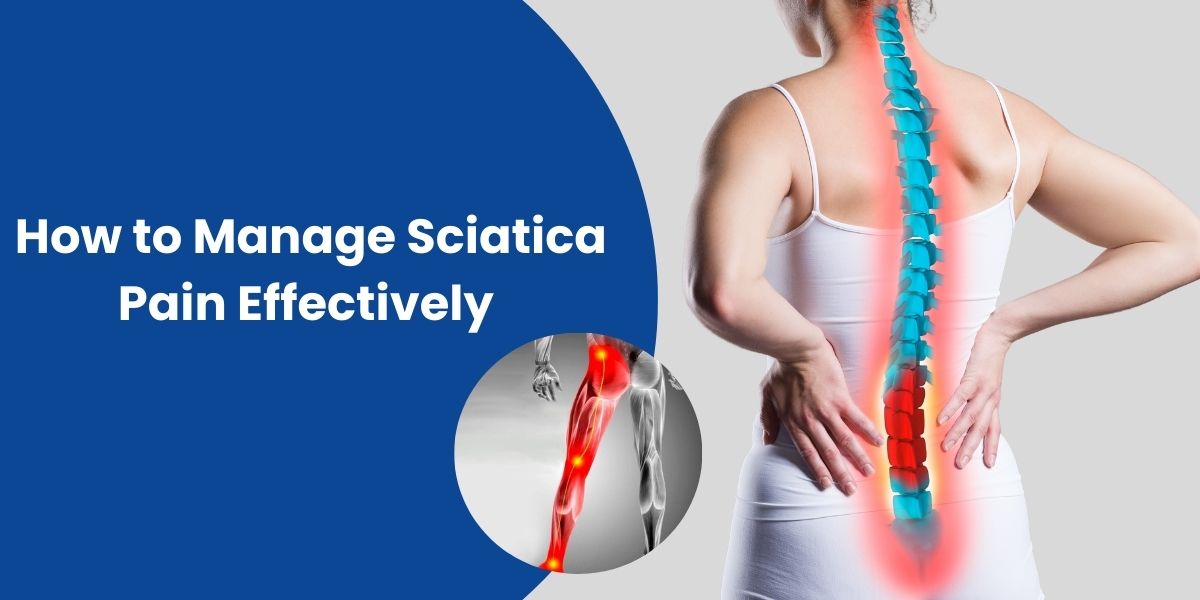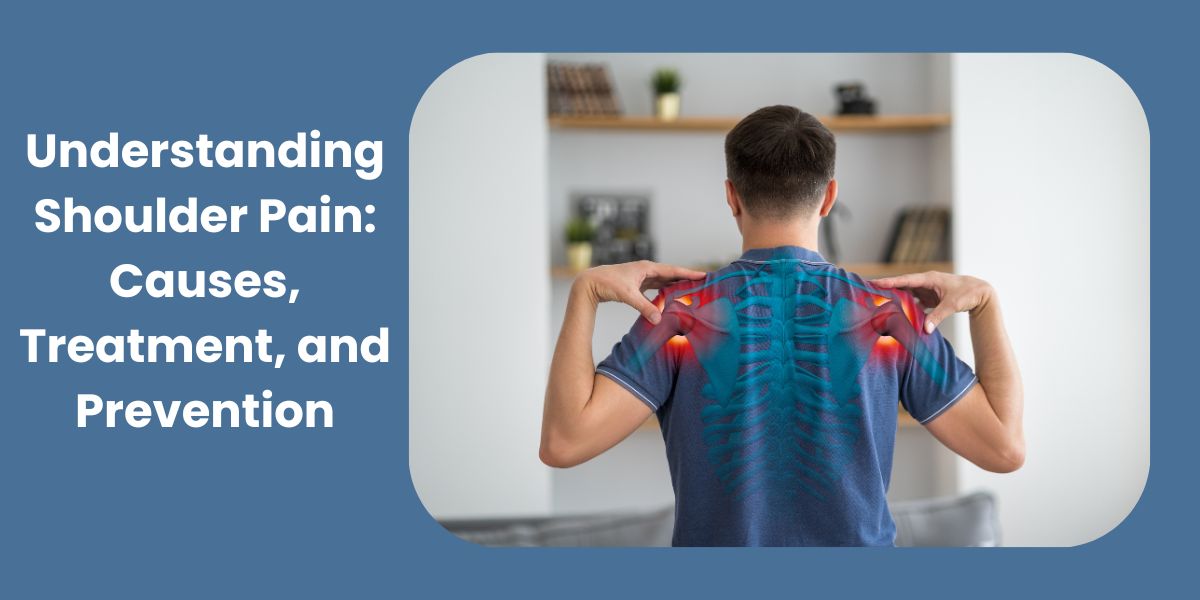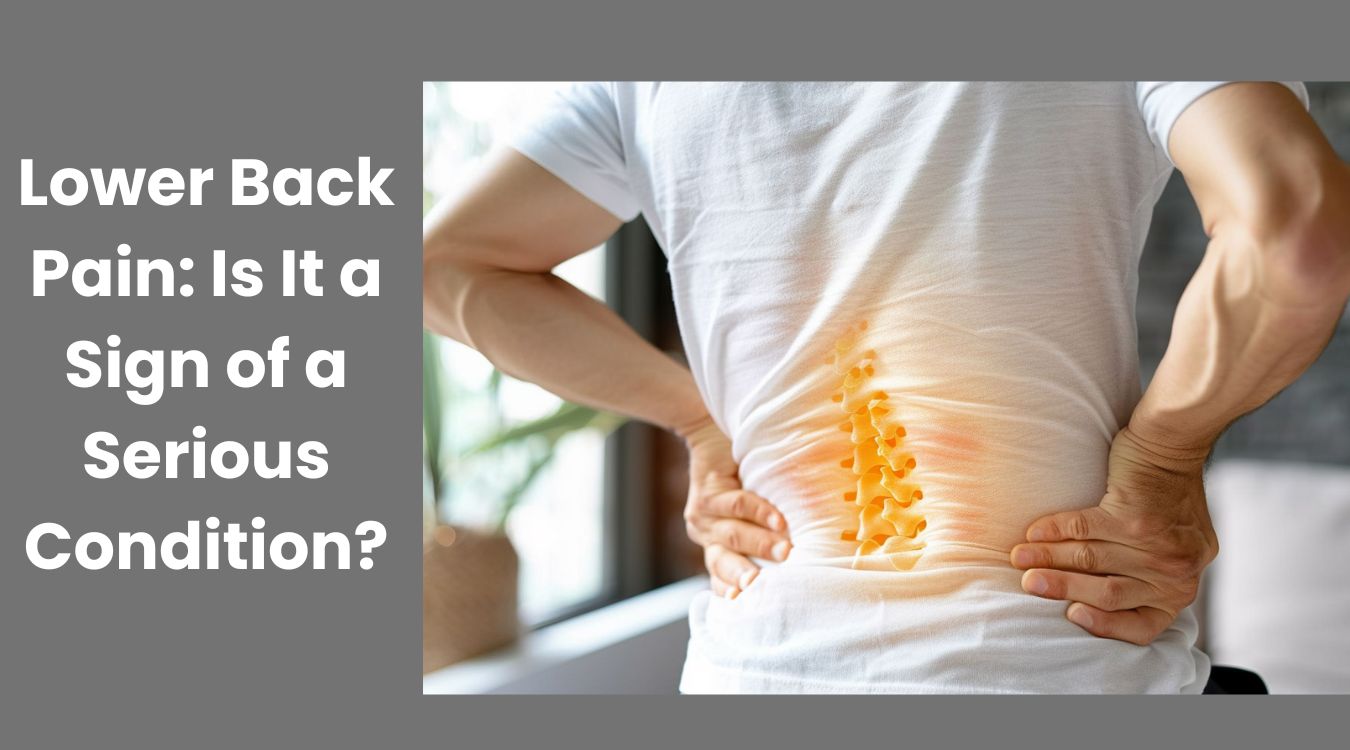Breaking a bone can be a sudden, frustrating experience. One moment you’re going about your day, and the next you hear a crack or feel sharp pain that stops you in your tracks. Whether it happened in an accident, a fall, or during sports, one question comes to mind almost instantly: how long does a broken bone take to heal?
The short answer is — it depends. Healing time isn’t the same for everyone. The type of bone, your age, overall health, and even daily habits all influence how fast you recover. In this article, we’ll go step-by-step through the healing process, share realistic timelines, and talk about what you can do to help your body heal faster.
Understanding Bone Healing
What Happens When a Bone Breaks
Bones aren’t just hard sticks inside our body — they’re living tissue, filled with blood vessels and cells. When a bone breaks, your body treats it like an urgent repair project. Blood quickly flows to the area to form a clot, which acts like a scaffold for new tissue.
The Stages of Bone Healing
1. Inflammatory Stage (First Few Days)
Swelling and bruising appear as your body sends special repair cells to the injury site. This stage prepares the bone for rebuilding.
2. Repair Stage (Several Weeks)
A soft “callus” made of collagen forms around the break. Over time, minerals like calcium harden it into new bone.
3. Remodeling Stage (Months to a Year)
The bone slowly reshapes itself to its original form. Even after you feel better, this stage can continue quietly in the background.
Average Healing Times for Different Bones
Not all bones heal at the same speed. Here’s a general idea:
- Small bones (fingers, toes) – 3 to 6 weeks
- Bones in the hand or wrist – 4 to 8 weeks
- Long bones (arms, legs) – 6 to 12 weeks
- Weight-bearing bones (hip, pelvis) – 10 to 16 weeks
Children often heal in nearly half the time it takes adults. Seniors may take longer because bones naturally lose density and blood circulation slows with age.
Factors That Affect Healing Speed
Age
Younger bodies build bone faster. That’s why kids often surprise doctors with how quickly they recover.
Type of Fracture
Hairline fractures may heal in weeks, while a complex break involving multiple pieces can take months.
Overall Health and Nutrition
If your body lacks nutrients like calcium, vitamin D, or protein, healing slows down. Chronic conditions such as diabetes or poor circulation also delay recovery.
Lifestyle Habits
Smoking and heavy alcohol use restrict blood flow to the bone, making repair slower and weaker.
Following Instructions
Even if you feel fine, skipping follow-ups or putting weight on the bone too early can set your healing back
How to Support Faster Recovery
Medical Treatments That Help
Doctors may use a cast, splint, or brace to keep the bone stable while it heals. In more serious breaks, metal plates, screws, or rods may be used to hold the bone in place. Physiotherapy comes into play later to restore movement and strength.
Nutrition for Bone Healing
What you eat can make a real difference.
- Protein – Builds new tissue (found in eggs, lean meat, beans, and nuts)
- Calcium – Strengthens bone (found in dairy, green leafy vegetables, almonds)
- Vitamin D – Helps the body use calcium effectively (found in sunlight, fish, eggs)
- Vitamin C – Supports collagen formation (found in oranges, peppers, berries)
Lifestyle Changes That Make a Difference
- Rest and avoid strain on the injured bone
- Quit smoking and limit alcohol
- Attend all follow-up appointments to track healing progress
When to Seek Medical Help
Call your doctor immediately if you notice:
- Pain that isn’t improving or is getting worse
- Swelling that doesn’t go down after several days
- Fever, redness, or pus — signs of possible infection
- The bone looking out of place or not healing after months
Ignoring these signs can lead to long-term problems like delayed healing or permanent weakness.
Common Myths About Broken Bones
- “If it doesn’t hurt, it’s healed.” Pain often fades before the bone is fully repaired.
- “Once the cast is off, I’m fine.” Muscles and joints need time to regain strength and flexibility.
- “Home remedies can fix fractures.” While good nutrition and rest help, proper bone alignment requires medical treatment.
FAQs
Q1: Can a bone heal in 2 weeks?
No, but early repair starts in the first couple of weeks. Full healing takes longer.
Q2: What’s the fastest bone to heal?
Small bones like those in fingers and toes usually heal quickest.
Q3: Does age really affect healing time?
Yes, younger people heal faster because their bone cells regenerate more quickly.
Q4: Can diet speed up fracture recovery?
A good diet supports healing but can’t replace medical treatment.
Don’t Delay Your Recovery — Get the Right Treatment Today
A broken bone is a setback, but with the right treatment, nutrition, and habits, most people recover fully. Knowing the healing process and timelines can help you plan, stay patient, and avoid mistakes that slow recovery.
If you suspect a fracture or feel your healing is taking longer than it should, don’t wait.
Book an appointment with Dr. Parimal Kore, the best orthopedic doctor in Magarpatta at Racemose Polyclinic, for the right diagnosis and treatment to get you back on your feet safely.





